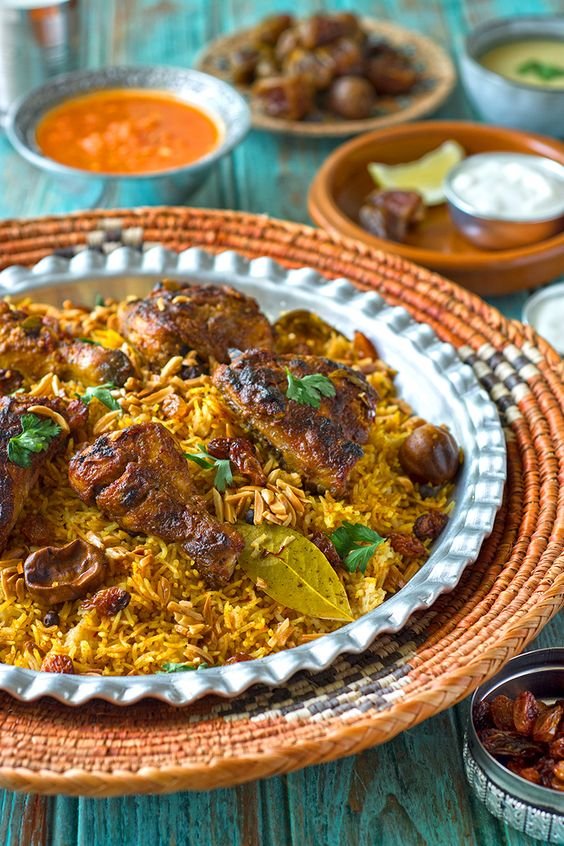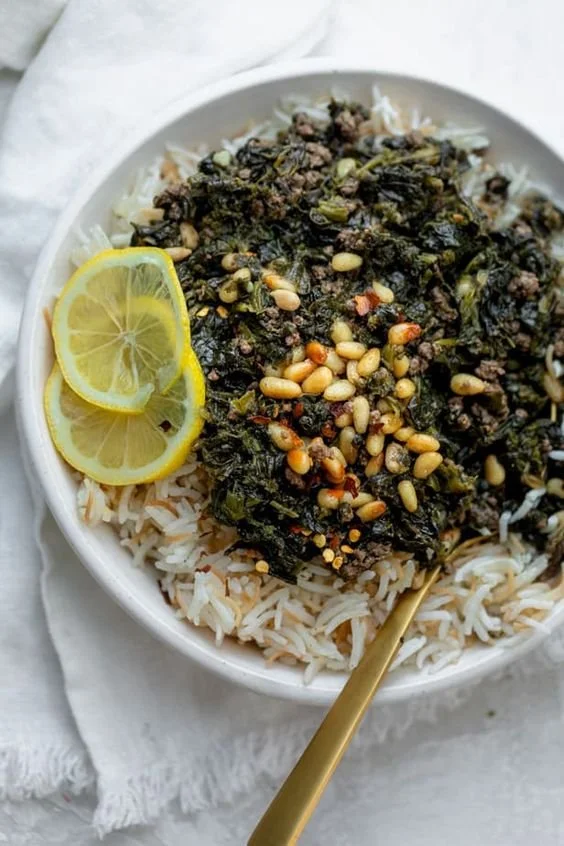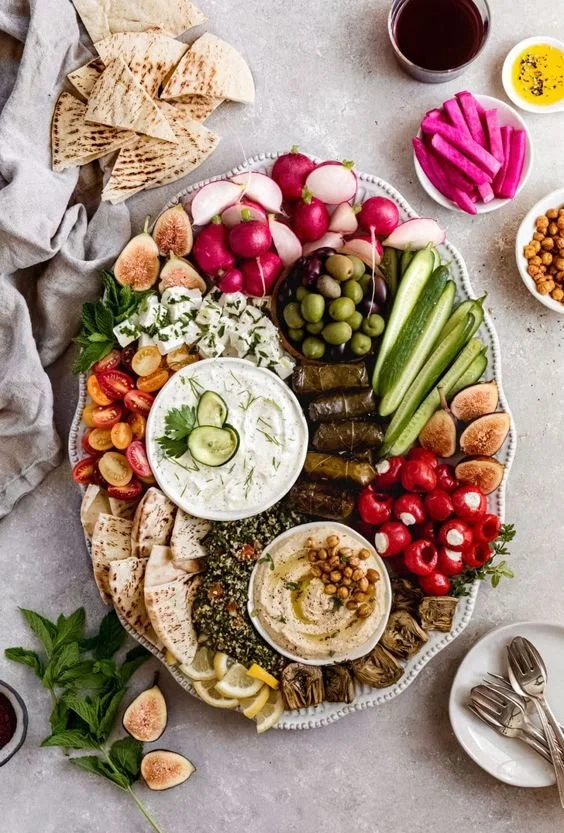Golden Olives & Spiced Whispers: The Middle Eastern Secret to Living Well
Within the bustling alleys of Middle Eastern bazaars, amidst the rhythmic chants of spice merchants and the gentle clatter of cookware, lies an ancient culinary heritage. Here, amidst a canvas of vibrant colors and rich aromas, every dish tells a story - a blend of history, tradition, and an innate understanding of wellness. The scene is a vivid tapestry: families and friends gather on intricately woven rugs, sharing generously filled platters. Brass and copper utensils gleam under the warm glow of lanterns, while hands gracefully serve and share, bypassing cutlery for a more intimate connection with the food. This is more than mere sustenance; it is a poetic expression of culture and health, where the act of eating is a celebration of togetherness and a homage to the nourishing gifts of the earth.
The Nutritional Canvas: A Harmony of Nutrients
Middle Eastern cuisine is a testament to the art of balance. Its plates are canvases where fibers, proteins, and healthy fats converge in a harmonious medley. The science behind this culinary tradition reveals a diet rich in vegetables, legumes, and grains, adept at combating modern maladies. Studies laud the Mediterranean diet, a close cousin, for its heart-protective qualities and role in longevity, reflecting a deep-rooted wisdom in these age-old eating habits.
Photo: Exclusive property of Joanna Colomas Magazine and may only be used with our express permission.
Spices of Life: The Healing Aromas of Tradition
The air in a Middle Eastern kitchen is a fragrant tapestry of spices - each a chapter in a story of healing and taste. Turmeric, with its anti-inflammatory prowess, cumin, aiding digestion, and cinnamon, a balm for blood sugar control, are more than just culinary additives. They are the echoes of an ancient apothecary, deeply entwined in the fabric of this cuisine's history and its holistic approach to health.
Photo: What You Need to Build a Middle Eastern Spice Cabinet — Rose & Ivy
Communal Feasts: Weaving Social Fabric Through Food
Meals in the Middle East transcend the boundaries of mere eating; they are social rituals, steeped in centuries of tradition. The act of sharing food - from communal platters of Mezze to family-style servings of Mansaf or Kabsa - fosters a sense of community and belonging. This aspect of dining, often overlooked in the nutritional narrative, is vital for mental and emotional health, reflecting a deep understanding of the holistic nature of well-being.
Adapting Tradition: The Timeless Dance of Old and New
In today's fast-paced world, the ancient culinary practices of the Middle East offer a grounding counterpoint. Adapting these traditions to modern kitchens, we find a blend of time-honored wisdom and contemporary nutritional needs. This adaptation is not just about preserving heritage; it's an evolution, ensuring the relevance and resilience of this cuisine in promoting holistic health in a modern context.
Photo: Spinach Stew {Authentic Lebanese Recipe} - FeelGoodFoodie
A Culinary Odyssey into Holistic Wellness
As our journey through the Middle Eastern culinary landscape concludes, we find ourselves enriched by more than just flavors. We uncover a profound understanding of holistic well-being, deeply ingrained in every herb, spice, and cooking technique. This cuisine is not just a relic of the past; it is a living, breathing testament to a lifestyle that celebrates health, community, and the enduring wisdom of ages.





